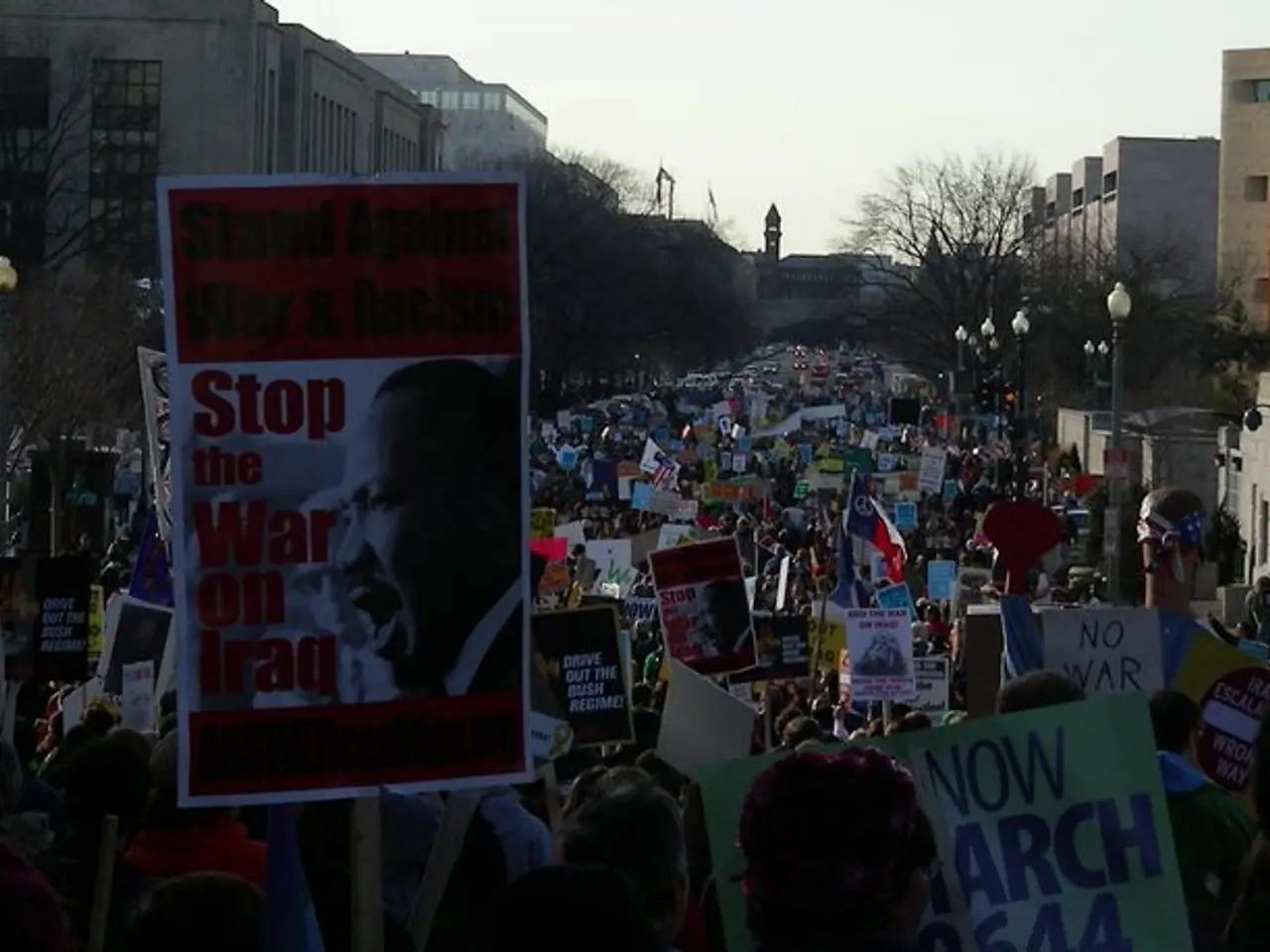Political zealots undermining the foundation of democratic governance. Proposed solutions for restoration.
In the world of politics, passions run high, and the line between engagement and fanaticism can often blur. This is particularly evident in the rise of political fan culture, a phenomenon that resembles the passionate and tribal behavior observed in pop culture fandoms.
Charlotte Clymer, former press secretary for the Human Rights Campaign, recently found herself at the centre of this storm. In an essay on her website, she condemned Hamas for its use of rape as a weapon of war and received backlash for calling Palestinian liberation a moral imperative. This incident serves as a stark reminder of the complex ways political fan culture affects democratic processes and political literacy.
Political fan culture can energize political participation, mobilizing supporters around charismatic figures or popular cultural icons who become political influencers. For instance, the large, politically influential fandoms of Taylor Swift in the U.S. and K-Pop groups in South Korea have bridged political divides, encouraged voter turnout, and even influenced elections.
However, there are significant implications that complicate democratic processes. The weaponization of fan bases by political figures like Donald Trump turns political followers into polarized partisan armies, engaged more in conflict spectacle than reasoned civic debate. This kind of fan culture amplifies extreme positions via social media algorithms, fragments information ecosystems, undermines policy discourse, and transforms democratic legitimacy into a contest of follower counts and viral reach rather than effective governance or electoral outcomes.
In authoritarian contexts, governments use fan communities strategically to foster public support and reinforce official narratives, showing fan culture’s utility for state-controlled political messaging and censorship.
The consequence of political fan culture is an eroding political centre as parties and leaders are moving towards the outer ends of the political spectrum. The right's vitality is now increasingly found in xenophobia, protectionism, and archaic family ideals. On the other hand, the left has found its fuel in new social justice movements such as racial equality and environmentalist directives.
Emotionally charged topics are leading to emotionally charged political participation, where individuals are more likely to rally behind charismatic leaders and individual causes rather than comprehensive policy debates and solutions. This shift is evident in the rise of celebrities like Kim Kardashian, who has been lauded for bringing attention to the Armenian genocide and campaigning for the Biden administration to take action against ethnic cleansing in Nagorno-Karabakh.
However, this trend raises questions about appropriation and performative engagement with racial justice, as seen in the case of Macklemore, who was recently questioned about his song 'Hinds Hall'.
In the end, it is crucial to speak with intention, test our knowledge, build coalitions, and come up with concrete policies to take back democratic institutions. This requires moving beyond the spectacle of political fan culture and engaging in substantive discussions that prioritize critical democratic deliberation over emotional loyalty and personality cults.
Political fan culture can initiate increased political involvement, rallying supporters around charismatic leaders or popular figures who exert political influence. For instance, K-Pop fanbases in South Korea have sparked political engagement and voter turnout.
However, the weaponization of fan bases, such as by figures like Donald Trump, can lead to polarized partisanship, focusing more on conflict spectacle than reasoned civic debate, potentially undermining democratic processes and policy discourse.








